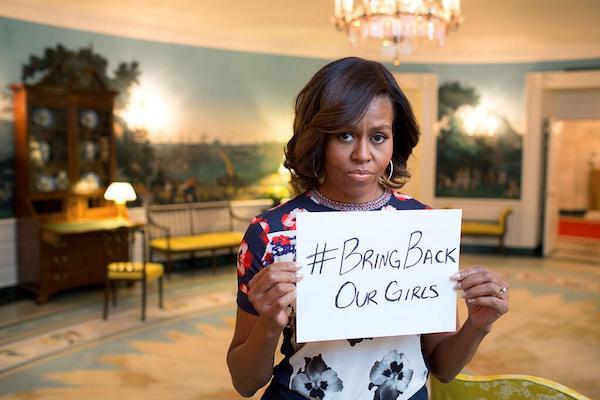The importance of Black Twitter

Black Twitter is generally known as a space for responses to cultural events and light-hearted humor. But it is also a genuinely critical space for black intellectuals and influencers, providing them a unique platform to explore the nuances of black Americans' lived experiences.
Black Twitter allowed activists to bring new attention to longstanding issues in the black community — perhaps chief among them racialized police brutality. In 2013, Patrice Cullors, Alicia Garza, and Opal Tometi founded #BlackLivesMatter in response to the acquittal of Trayvon Martin's murderer, George Zimmerman. Via the power of the social media platform, Cullors coordinated "freedom rides" to transport people in different parts of the country to Ferguson, where the community organized a #BlackLivesMatter protest in 2014. Protesters used Twitter to raise awareness about how the police were treating them at the protest by using the hashtags #Ferguson and #MichaelBrown on Twitter. For example, @theepharoah tweeted, "I JUST SAW SOMEONE DIE OMFG" on August 4, 2014, and others in the community shared similar experiences.
A significant goal of #BlackLivesMatter was to force the mainstream media to cover killings similar to Martin's by acknowledging the systemic racism that enables that violence. Micheal Brown's killing at the hands of the police was by far the most tweeted story of 2014, based on Twitter mentions. According to a 2014 Race Forward report that analyzed how the media covered Ferguson, in the first 10 days of coverage after Brown's death, nearly 1,000 articles and cable news programs across 19 different outlets were dedicated to the shooting and its aftermath. But less than 46.3 percent of these sites explicitly mentioned terms such as "race," "racial," "racism," and "racist," even though the protest centered on racialized police violence against black people. This reporting resulted in another hashtag: #Iftheygunnedmedown, under which users posted contrasting images of themselves to highlight the often damaging and biased images the media selects to portray victims of police violence.
Another prominent movement that was born out of Black Twitter was the #BringBackourGirls campaign. This hashtag went viral after in 2014 after the Islamist militant group Boko Haram abducted about 270 schoolgirls from a boarding school in Nigeria. In response, an international outcry started on Black Twitter. Prominent figures like Michelle Obama and Alicia Keys posted under the hashtag to show their solidarity with the families of the kidnapped girls, and this global anger and outrage led to protests across the world. This response essentially pressured the U.S. to send troops to help the Nigerian government help to locate the girls.
Black Twitter has also inspired black folks to take back ownership of their own culture, which has so often been appropriated and/or white-washed. For example, Twitter users have accused reality star Kim Kardashian of surgically altering her body to mimic physical aesthetics historically associated with black women. Her sisters Khloe and Kylie have also been accused of appropriating black hairstyles like cornrows and bantu buns. The music video for Tylor Swift's song, "Wildest Dreams," was shot in Africa, and romanticizes a period of colonization while erasing people native to that land — and was subsequently lambasted on twitter.
Black Twitter not only empowered this historically marginalized group by giving them their own space for their voices to be heard but also gives them a platform to demanded that privileged, non-Black Americans recognize the racial injustice that still exists. The Black Twitter movement was a revolution for this generation because it created a safe space driven by a generation of people who are socialized to be more alert to the social, political, cultural and economic injustices that exist around them, as opposed to a life of ignorance for other people's experiences. It has led the way for future movements by people who choose to speak for themselves.
More articles by Category: Arts and culture, Race/Ethnicity
More articles by Tag: Black, African American, Women of color, Discrimination, Racism


























